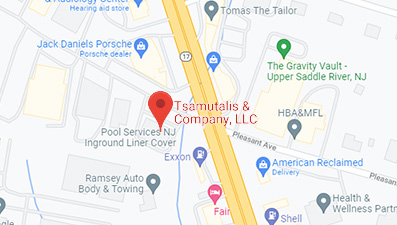
The Tax Cuts and Jobs Act of 2017 established a new investment vehicle called an Opportunity Zone. An Opportunity Zone is an economically disadvantaged community where investments are potentially incentivized. Due to the new tax law, investments in these communities may be eligible for tax breaks. Opportunity Zones have now been allocated in every state as well as five United States territories. The reason for the creation of these zones is to incentivize investment in order to create jobs in these struggling communities and improve their economies. Investments in Qualified Opportunity Funds can fund many projects for the development of the zone. Existing businesses, housing, and other infrastructure are a few of the things this provision aims to improve.
The main incentive that Opportunity Zones offer is preferential tax treatments on investments into the community. If one chooses to invest in one of these zones, the investor can defer any tax on prior gains that were put into a Qualified Opportunity Fund. A Qualified Opportunity Fund (QOF) is either a partnership or corporation created for the purpose of investing in a qualified property that is located within the Qualified Opportunity Zone. The tax liability on these previous gains can be deferred until either the Qualified Opportunity Fund is sold or the 31st of December 2026. If an investor holds the investment in the Qualified Opportunity Fund for 5 years or longer, 10% of the gain on this investment can be excluded. If the investment is held for greater than 7 years, the exclusion amount increases from 10% of the gain to 15% of the gain. If the investment is held in the Qualified Opportunity Fund for 10 years, the investor’s basis in the investment is increased to the fair market value of the day the investment is sold.
Investors in these Opportunity Zones are able to receive these tax benefits even if they don’t reside in, work in, or own a business in the zone. Investors need only invest recognized gains in a Qualified Opportunity Fund in order to receive tax deferral on these gains. In order for an entity to be treated as a Qualified Opportunity Fund, the entity must fill out Form 8996 and include it with the entity’s federal tax return.
If you want more information on opportunity zones or need help with your taxes, please contact or call us at (201) 692-1600.



